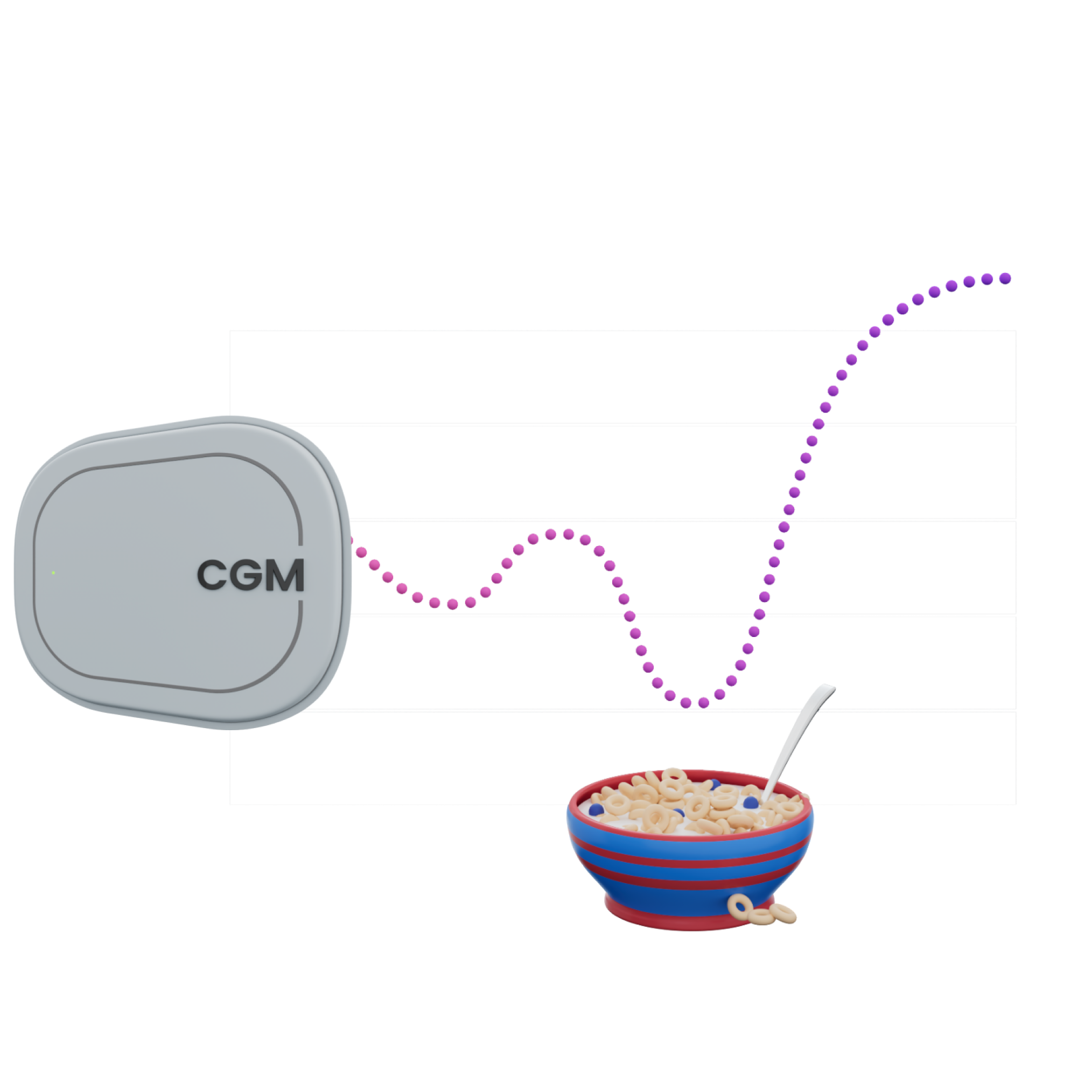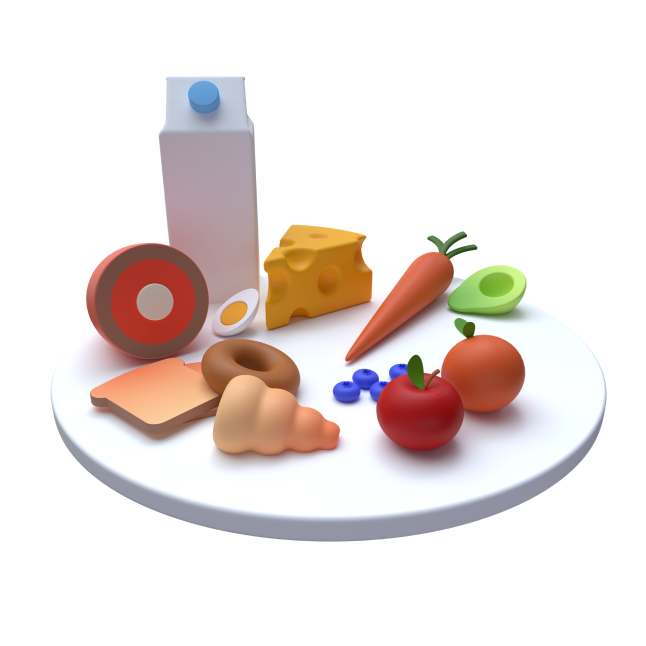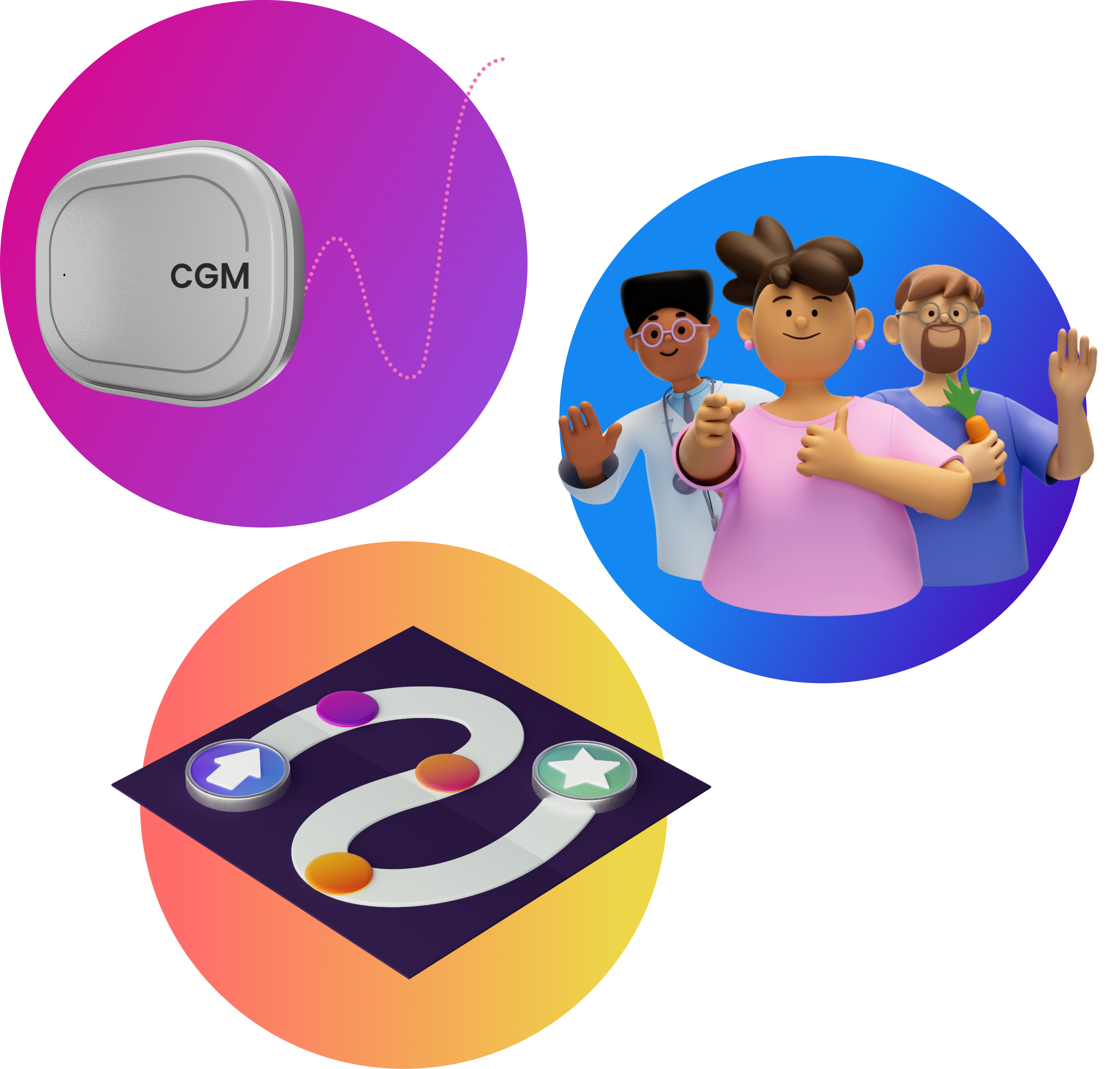Why You Should Pay Attention to Your Glucose After Eating
It’s normal for blood glucose (also known as blood sugar) to rise and fall throughout the day.
If you notice a high reading from finger stick tests or a continuous glucose monitor (CGM), you’ll want to try to figure out what caused it.



